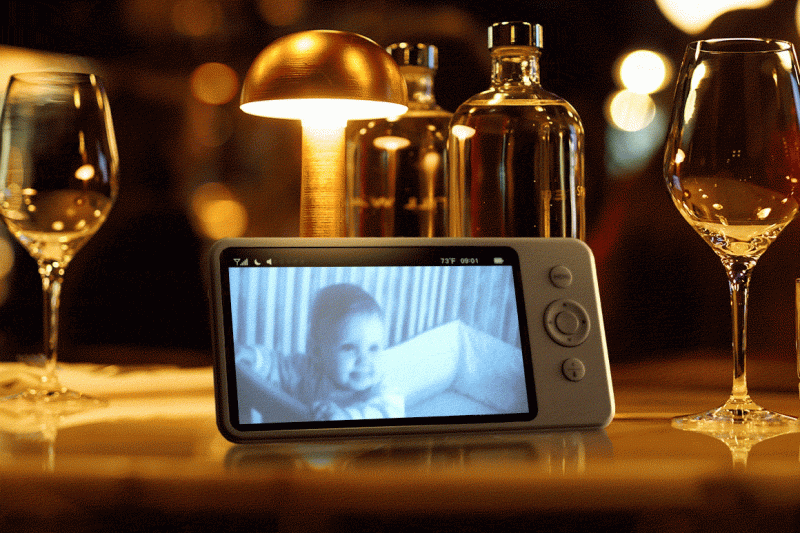
In the fall of 2018, a European vacation with our then one-year-old led to an unexpected parenting experiment. Exhausted from the flight, we found our Airbnb in Rome, conveniently located above a pasta restaurant. Instead of the usual hassle of dining out with a baby, we opted for an early dinner and bedtime for our daughter, then enjoyed our meal two floors below, keeping a watchful eye via baby monitor. It worked flawlessly, becoming a regular practice on subsequent trips. At the time, the idea never struck me as controversial; it was simply a practical solution.
This changed, however, after reading about Matt and Abby Howard, parenting influencers who faced intense backlash for a similar approach on a cruise. They initially implied they’d left their young sons unattended while dining, sparking outrage online. The Howards later clarified that an adult was present, using FaceTime as additional monitoring. The incident highlighted the stark difference in opinions surrounding this practice, prompting me to question the perceived risk.
The history of baby monitors offers context. Invented in 1937, the early models were expensive luxuries. Widespread availability came much later, coinciding with a shift in societal views on child supervision. Historically, close monitoring was a privilege, not a norm, for many working-class families. Today, however, the ubiquitous and affordable nature of baby monitors raises new questions about appropriate parental oversight and the potential for over-surveillance.
Research sheds light on the moral judgments involved. A 2016 study found that people perceive a child to be in greater danger if a parent chooses to leave them briefly than if the parent is unexpectedly incapacitated. This suggests that the perceived risk is heavily influenced by the perceived intent of the parent, with purposeful absence viewed more negatively. This moral judgment seems to be at the heart of the controversy surrounding using a baby monitor to extend parental reach.
My own inquiries revealed a range of parental practices. Many parents utilize baby monitors to extend their supervision while engaging in nearby activities like dining out or taking a short walk. While concerns about abduction or fire were often dismissed as statistically low, some parents acknowledged minor anxieties, such as a child waking up and wandering. Yet, this risk was often deemed acceptable compared to the benefits of a brief respite for the parents.
It appears that while the practice of leaving sleeping children briefly unattended with technological monitoring continues, it largely happens behind closed doors. The internet’s role in amplifying parental anxieties and fostering judgment plays a significant part. The constant flow of parenting advice, often delivered in sensationalized formats, creates a climate of hyper-vigilance and public scrutiny. News of child tragedies, easily disseminated online, fuels the tendency to judge others’ parenting choices harshly.
The legal aspects are complex. While leaving a sleeping child alone isn’t explicitly illegal, it falls into a grey area of child neglect, which is broadly defined and open to interpretation. Several cases where parents faced charges highlight the uncertainty and subjectivity involved. The legal outcome often depends on the interpretation of what constitutes adequate supervision, influenced by factors like the child’s age, the duration of absence, and the perceived intent of the parents. This ambiguity leaves parents vulnerable to accusations and investigations.
My attempt to gather insights from hotels and cruise lines proved inconclusive. While some hotel staff expressed acceptance or even approval, others showed concern, highlighting the lack of clear policies. This inconsistent approach underscores the challenges parents face in navigating the blurred lines between responsible parenting and public perception. Ultimately, the debate over using baby monitors for brief periods of parental absence remains contentious, highlighting the complexities of modern parenting in an increasingly judgmental digital age.










